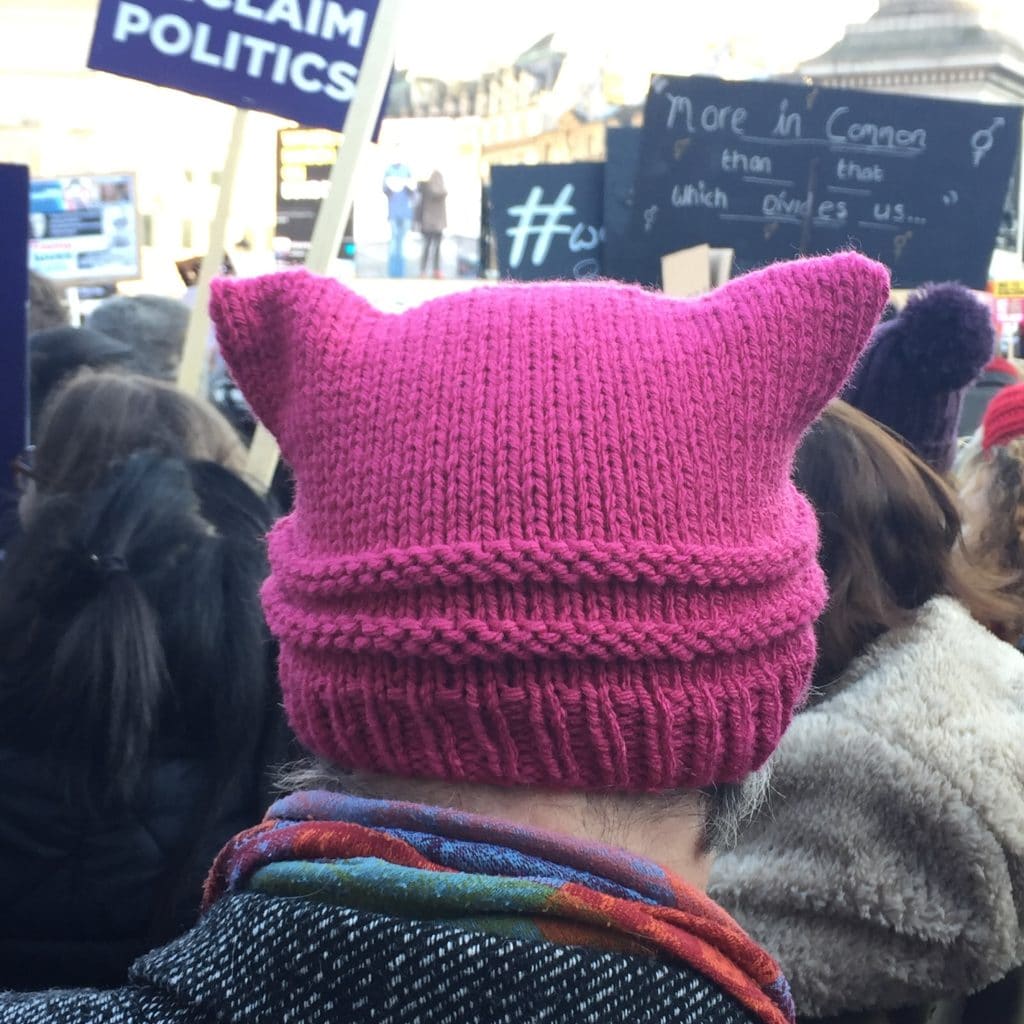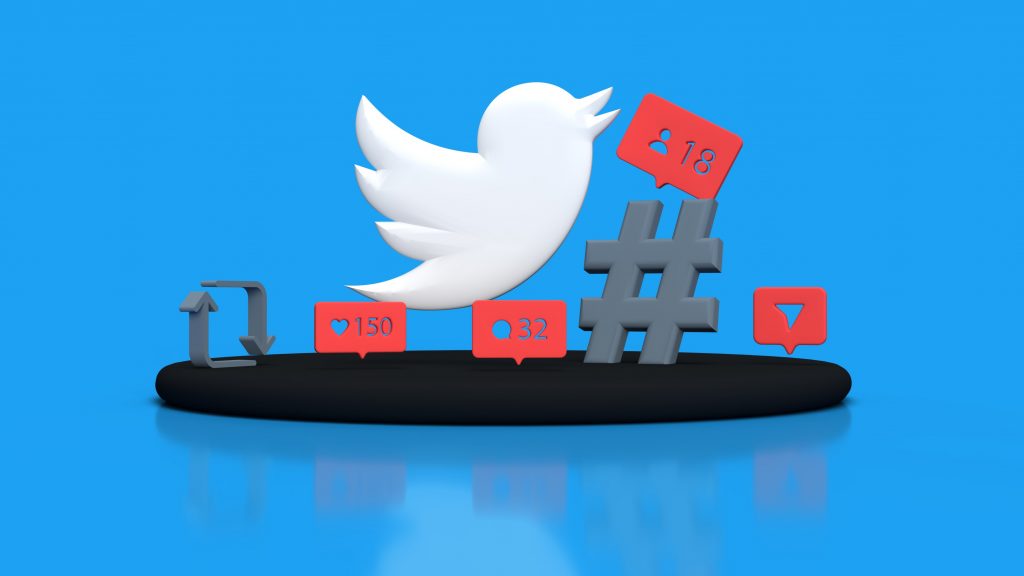A regular star of the crisis simulations I write for Polpeo is someone I call AnarchySteve. For years, he’s been one of my go-to guys for causing simulation participants headaches.
He’s arrogant, stubborn, opinionated and unyielding. Just when you think you have a reasoned response for him, he replies with condescension and rains scorn down on your efforts. He’s a proper little antagonist.
But what can you do, how can your brand respond, when AnarchySteve isn’t just the most annoying guy on Twitter, but is one of the most powerful men in the world and the most annoying guy on Twitter?
How brands are responding
Love him (really though?) or hate him, you have to admit that President Trump is causing a significant level of chaos, anxiety, fear and anger right now. Millions of people around the world are marching in the streets in protest over his words and actions since taking the oath of office.
Many Americans are worried about their own citizenship status, and businesses are having to consider their response to the issue. Do they live their values? Do they offer practical and emotional support to employees? Should they make a statement, or is that getting involved in politics? Is getting involved in politics now the right thing to do for brands?
Amazon
Amazon has been criticised for not being critical enough of Trump’s immigration restrictions. The firm issued a statement about its commitment to equality and diversity. It also used the statement to advise employees on what to do, but it came of as more “Whelp, this is too bad, guess you better check your travel plans huh?” than “This is an outrage! Here’s how we’ll stand up for you and help you through this.”
This changed on 30th January when it signed up to the Washington Attorney General’s lawsuit against the executive order (Expedia and Microsoft also signed up in support).
Apple
Apple CEO Tim Cook sent a memo to employees saying that the company had “reached out to the White House to explain the negative effect on our coworkers and our company.” The memo also emphasised the importance of diversity and inclusion, saying that: “Apple would not exist without immigration, let alone thrive and innovate the way we do.”
Then you have Google, which started off by immediately recalling employees travelling overseas. It then launched a $4m crisis campaign fund in response to the immigration controversy. The money is set to be distributed to four immigrant, refugee and civil liberties organisations. Google employees held a protest during the workday – a protest that Google executives attended.
Google CEO sundar pichai at rally at Googleplex "the fight will continue" pic.twitter.com/cZOfn9FiGY
— Daisuke Wakabayashi (@daiwaka) January 30, 2017
Microsoft
Microsoft’s CEO – an immigrant himself – posted his response to the issue on the 31st January. During an employee Q&A, Satya Nadella said that the company would continue to work with, and offer legal assistance to, any employees (and their families) affected by the executive order.
Microsoft released a statement saying:
“We believe the executive order is misguided and a fundamental step backwards. There are more effective ways to protect public safety without creating so much collateral damage to the country’s reputation and values.”
Netflix
The CEO of Netflix, Reed Hastings, called President Trump’s executive order on immigration un-American
Starbucks
Meanwhile, Starbucks responded to the issue expressing “deep concern” and a promise to hire 10,000 refugees. This prompted a response from one, Joe The Plumber, who said that Starbucks should hire 10,000 Veterans, not refugees. Whether in response to this, or not, Starbucks posted about Veteran outreach that same day.
https://twitter.com/Starbucks/status/826598626042318850
Uber & Lyft
Uber is facing a movement to boycott the firm after it continued to pick up fares at JFK during the New York Taxi Workers stoppage. The union stopped sending taxis to JFK when the immigration ban came into sudden effect and people found themselves held in custody at the airport or denied entry.
Uber, perhaps not understanding why people were angry, tweeted that there would be no surge pricing.
Surge pricing has been turned off at #JFK Airport. This may result in longer wait times. Please be patient.
— Uber NYC (@Uber_NYC) January 29, 2017
This drew significantly more ire from people, who felt the brand was taking a civil liberties issue as a chance to make a quick buck.
So many people have chosen to #DeleteUber that the brand has had to set up a process to automate account deletion, which wasn’t something the business had planned to do yet.
https://twitter.com/MikeIsaac/status/826522805663436800?ref_src=twsrc%5Etfw
Rival firm, Lyft, also took fares at JFK, but Uber’s ill-judged tweet meant that it could do so with few problems. The firm then pledged to donate $1m to the American Civil Liberties Union. Downloads of the Lyft app have now overtaken its rival’s.
Other businesses, like gaming brands Electronic Arts, Ubisoft and Insomniac Games have addressed the issue on public or private forums (although, as in the case with EA, internal memos will always find their way into the press).
View Insomniac Games’ video statement on current US immigration policy. https://t.co/YvmYtgYSj6
— Insomniac Games (@insomniacgames) January 31, 2017
–
It’s easy for people to say that brands shouldn’t get involved in politics. The President says jump, they should ask “how high”, right? Well…no.
Brands aren’t faceless entities staffed by a crew of androids and AIs. They’re run by people. Immigration – which modern America was built on – is a vital thing not just for Silicon Valley tech firms, but businesses around the country. These people bring valuable skills and experience to businesses that depend on them. Immigrants aren’t statistics in a newspaper, they’re friends, co-workers and founders of billion dollar companies that employ millions.
This time, politics is personal and brands can’t avoid getting involved. People are watching what brands say and do right now. Organisations that have long championed diversity and inclusivity will be expected to act. The question is, what can they do?









